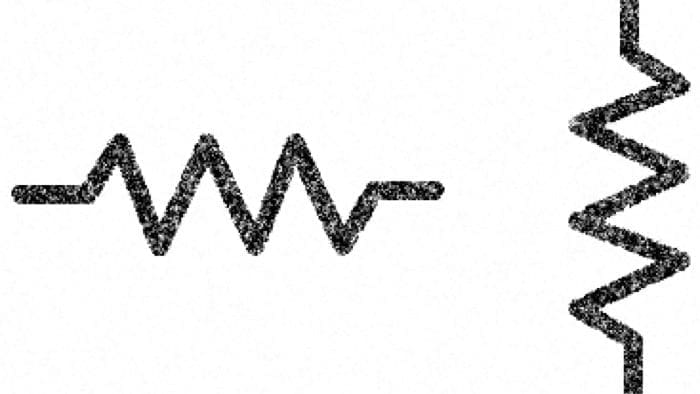Answer to this one, simple question and you’ll be on your way to sorting out the problem and getting back on track, when you’re in the midst of a rough day.

What am I resisting?
This is the question.
Let’s say you just did something foolish and you feel bad about it. For example, your partner says something, and you ask a follow up question (trying to be nice). To which your partner replies,
“I just told you about this yesterday. Weren’t you listening?”
And you feel bad. A potentially good day just became a rough day. But instead of spiraling down into that bad feeling…
…ask the question:
“What am I resisting?”
One obvious answer, in this example, might be: I am resisting telling my partner that, “You know what, yesterday, when you were talking, I was zoned out.”
Why not just say it? Pop the zit. You were thinking about something else while your partner was talking.
Conflict, perhaps?
Up to 90% of the time, what you are resisting is conflict. You don’t want the conflict that comes from owning up to, for example, the fact that you weren’t listening to your partner (again).
What are you afraid of? The answer to that question is, of course, complex. You might be afraid of conflict because you feel like every time you get into a conflict, you lose. Or you might be afraid of your own anger. (Once you let that tiger out of the cage, it gets frightening for you and for everyone.) There are many reasons why you might have developed the habit of resisting conflict.
But what if you could become more confident with conflict?
We will look at this question in just a moment. But first, let’s spend another brief moment looking at the overarching reason why we resist.
We Resist to Exist.
Resistance keeps us safe. Whether it’s resistance in the realm of creativity, or resistance in our professional and personal relationships, we resist because…
…we want to live to see another day.
It’s that part of our reptilian brain which has only three options: Fight, Flight, or Freeze.
The fighting part of Resistance finds us defending ourselves when we feel like we are being backed into a corner.
Or, we can flee. This can be physical flight from the situation where the conflict is, or it can be a mental check out, even while our body is still in the room.
And the freeze mechanism of Resistance is when we become like a statue in the face of what we perceive to be aggression from someone at work or at home. You know this look. You have probably been the Stone Man more times than you care to admit.
But what if?
Back to our question:
What if I could become more confident with conflict?
If you were more more agile in the face of conflict, you wouldn’t need to resist. In fact, you might even begin to lean into conflict in a confident, healthy way to bring about tangibly better results with people at home and at work, and turn that rough day into a growth opportunity.
At the core of this competancy is developing a skill we could all use a little help with:
Better communication.
Please watch this brief (about 12 minute) talk on how to have a good conversation with anyone. Then, come right back for today’s takeaway.
The takeaway:
On a rough day: Chances are, you are resisting conflict. And in that case, often the best way to turn the game around is to work on your communication skills.
Read more.
More like this?
I can help you turn the situation around in the midst of a rough day by helping you develop your communication skills.
